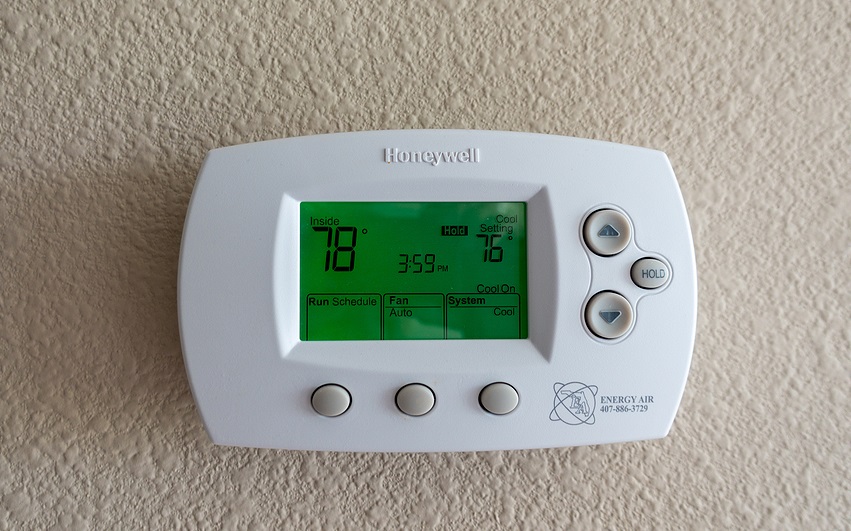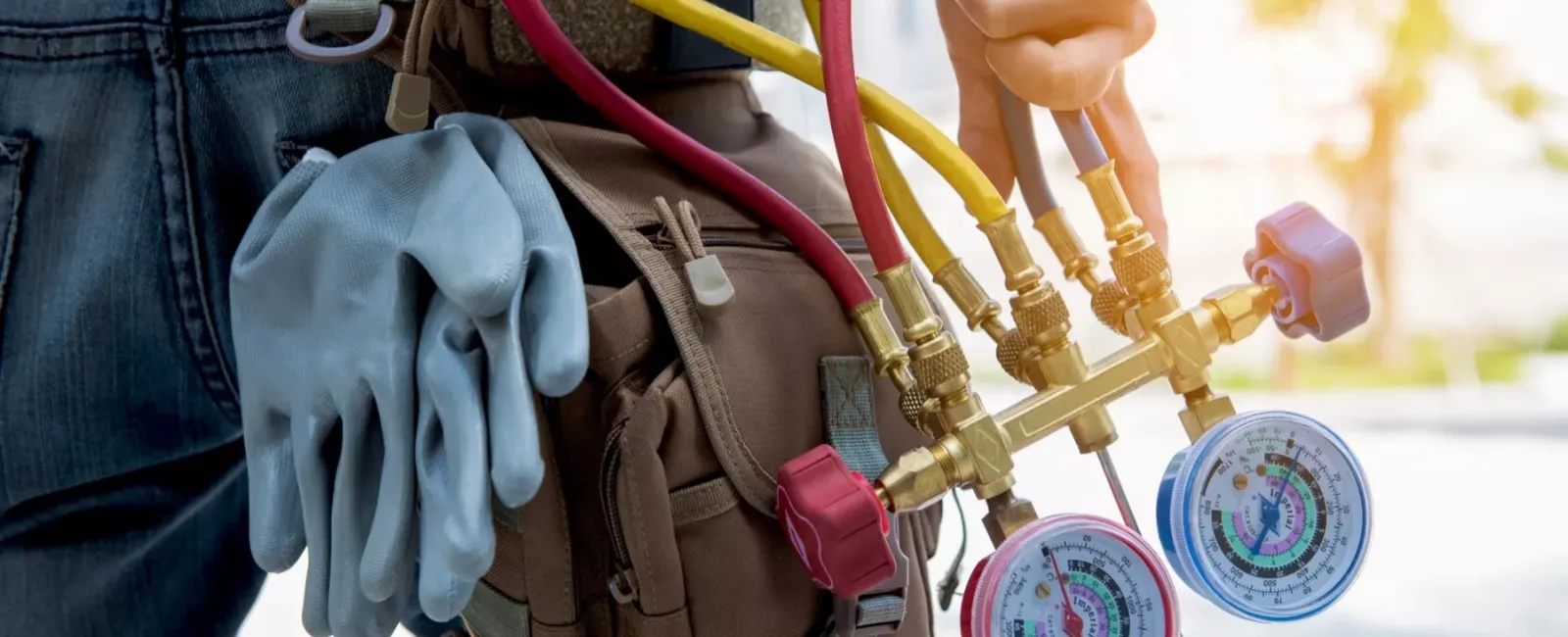Everyone knows about Pittsburgh's harsh winters, but now that the hottest part of the year is upon us, you're probably wondering, "What is the best temperature for an air conditioner in the summer?" This can be tricky, especially since temperatures in the city fluctuate so drastically from season to season and day to day. While Pittsburgh's heat is not overbearing, it can be uncomfortable, and it's important to know the best thermostat settings for your home.
What is the best temperature for an air conditioner in the summer?

The best temperature setting over the summer is considered to be 78 degrees Fahrenheit, as recommended by the U.S. Department of Energy. This temperature allows you to stay cool in your home, even in the summer, and to avoid a surprisingly high electricity bill on the backend. Those with a ceiling fan can raise the temperature as high as 80 degrees comfortably, though it's important to remember to turn your fan off when you leave a room. Setting your thermostat to 78 degrees will help keep your family comfortable through the Pittsburgh, PA, summer heat, which is typically an average of 83 degrees in July and 82 degrees in August.
Here are some tips for keeping your home a consistent temperature of 78 degrees:
Combat humidity rather than temperature.
Pittsburgh, Pennsylvania, sees its highest amount of rainfall in the month of July. With that summer rainfall comes a higher level of humidity. A humidity level in your home of over 60% can cause a faster rate of mold growth, causing furniture to degrade over time and mildew to build up in your walls. If your humidity is too high in the summer, it can cause not only an uncomfortable sticky environment but health issues for you and your family, such as increased dehydration as well as skin, eye and respiratory issues. In order to avoid this, you should avoid touching your summer AC temperature setting constantly. Your humidity levels should be between 30% and 50%, and by setting your thermostat correctly and abiding by the correct air conditioner settings for summer, you can help to control that high humidity. AC units typically dehumidify as they cool, but if your home is still sticky and humid even at 78 degrees, you may want to get a dehumidifier rather than putting your AC on full blast.
Schedule an inspection to check your AC unit.
If you're still unsure of how to maintain the recommended AC temp this summer, the best way to stay ahead of the seasonal curve is to schedule annual inspections for your heating and cooling units. An AC inspection can help ward off any problems that may arise later in the year, causing less worry about your system failing you in the hottest months of the summer.
Try a "smart thermostat."
Most of us have smartphones, smart devices, and even smart cars, but did you know you can now purchase a smart thermostat as well? Smart thermostats sync to your devices and work to keep the temperature in your home ideal in order to keep you cool and save money. Smart thermostats get to know your temperature needs and can adjust themselves to your preferences ahead of time.
Use your ceiling fans.
A good ceiling fan is worth its weight in gold. The more work your fans can do to keep air circulating and cool, the more comfortable you and your family will be. Try installing a few more fans where needed and see if it helps lower your home's temperature and your electric bill. Also, remember that ceiling fans can change directions; they typically are reversed to keep hot air up in the summer or down in the winter.
Place your thermostat correctly.
According to Consumer Reports, the ideal spot for your thermostat is "on an interior wall in a common space, away from anything that could create temperature extremes, such as direct sunlight, a drafty window or an air vent." Try to avoid placing it in an isolated, chilly room, or in a room that is much hotter than the rest of the house. This way, you're getting the best and most accurate read from your thermostat.
Resist constantly changing your AC setting for summer weather.
If you have your AC temperature in summer set too high or too low, your system will have to work overtime to correct the difference and keep you comfortable. Keeping your home at a comfy and consistent 78 degrees avoids energy waste. Knowing what is the best temperature for air conditioner in summer may help you and your family from constantly messing with or arguing about the thermostat.
By following recommended thermostat settings, summer can be a lot less stressful.
If you believe that your thermostat is not operating at full efficiency, or that your home isn't at its ideal temperature this summer or need an inspection of your AC unit, contact the Pittsburgh plumbers and technicians of Stahl Plumbing, Heating & Air Conditioning. Regular checkups are the best way to ensure that your AC system is operating at full capacity, and will ensure that your home is cool and comfortable as temperatures rise outside.

